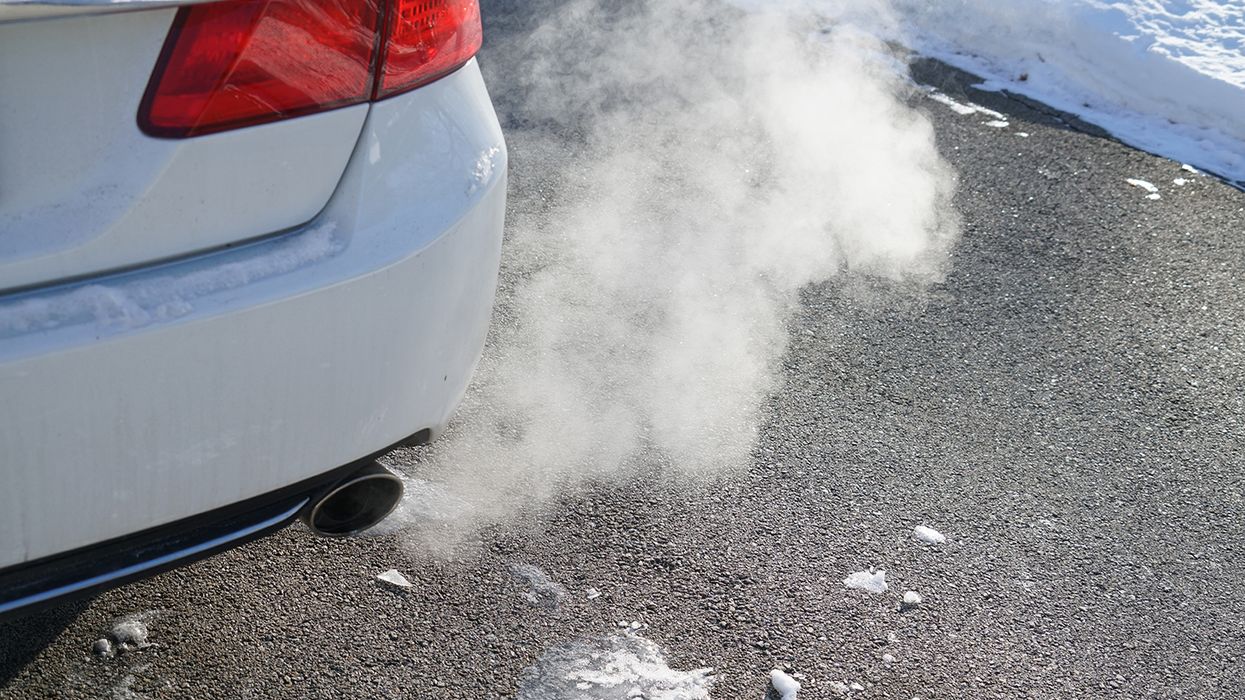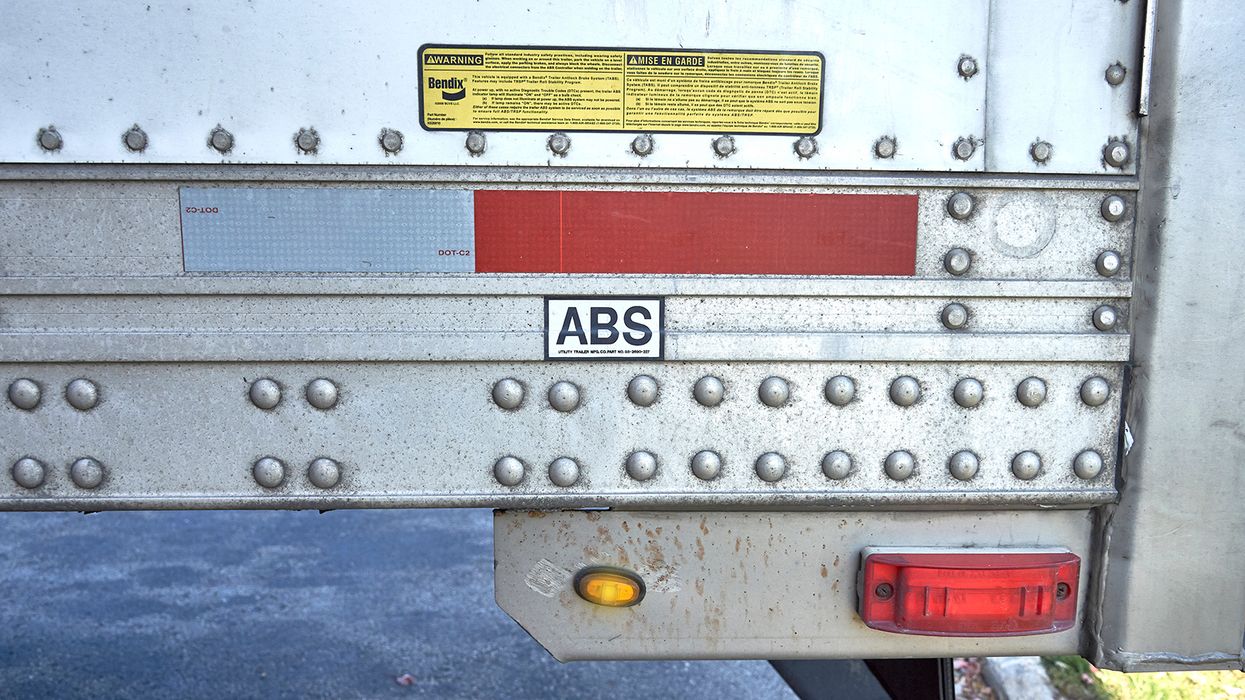Must you accommodate an employee who can't drive to work?
What would you do if a workplace injury prevented an employee from driving, and the employee’s shift was at night when no public transportation was available? Is lack of transportation grounds for termination?
One company thought it was, and the terminated employee sued under laws including the Americans with Disabilities Act (ADA). Here’s what happened:
The story
Hazel worked at a company location near her home. After a few years, she transferred to a location that was quite a bit further away. About a year after that move, she injured her foot at work. In response, the company offered her a light-duty job on the same shift. But Hazel could not drive, so she couldn’t get to the light-duty job.
Hazel called out sick every day she could not get to work, believing her absences were excused because they were covered by workers’ compensation.
The actions
Hazel was fired for those absences and then she sued, believing she was fired in violation of the ADA.
The employer argued that it offered leave, was not required to provide transportation, and was not required to offer a different job closer to home.
Hazel, the employer said, was unable to perform the job with or without reasonable accommodation, so she was not qualified to do the job.
The outcome
The court took issue with the fact that the employer overlooked the ADA interactive process. The court also pointed out that the employer failed to provide Hazel’s two requested accommodations: leave and assignment to a job to which she could drive.
The employer, according to the court, could have allowed Hazel to work at her previous location. She could have received rides to and from work under that scenario until she was released to drive and then returned to the other location. Despite the fact her disabling injury was suffered in service of the employer, none of these possible accommodations were discussed, much less offered.
Therefore, the case was allowed to proceed to a jury.
Hazelett v. Walmart Stores, Inc., 9th Circuit Court of Appeals, No. 19-16628, October 6, 2020.



























































